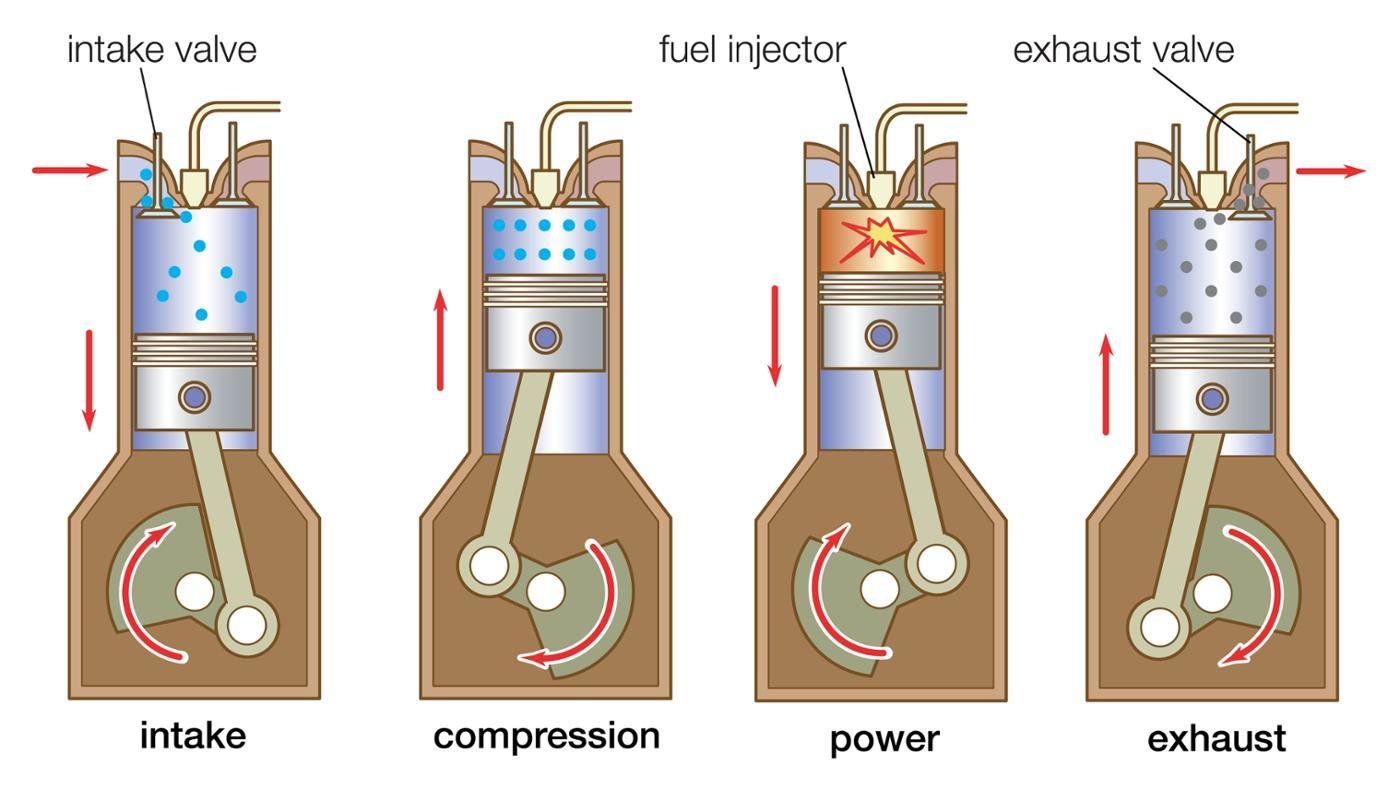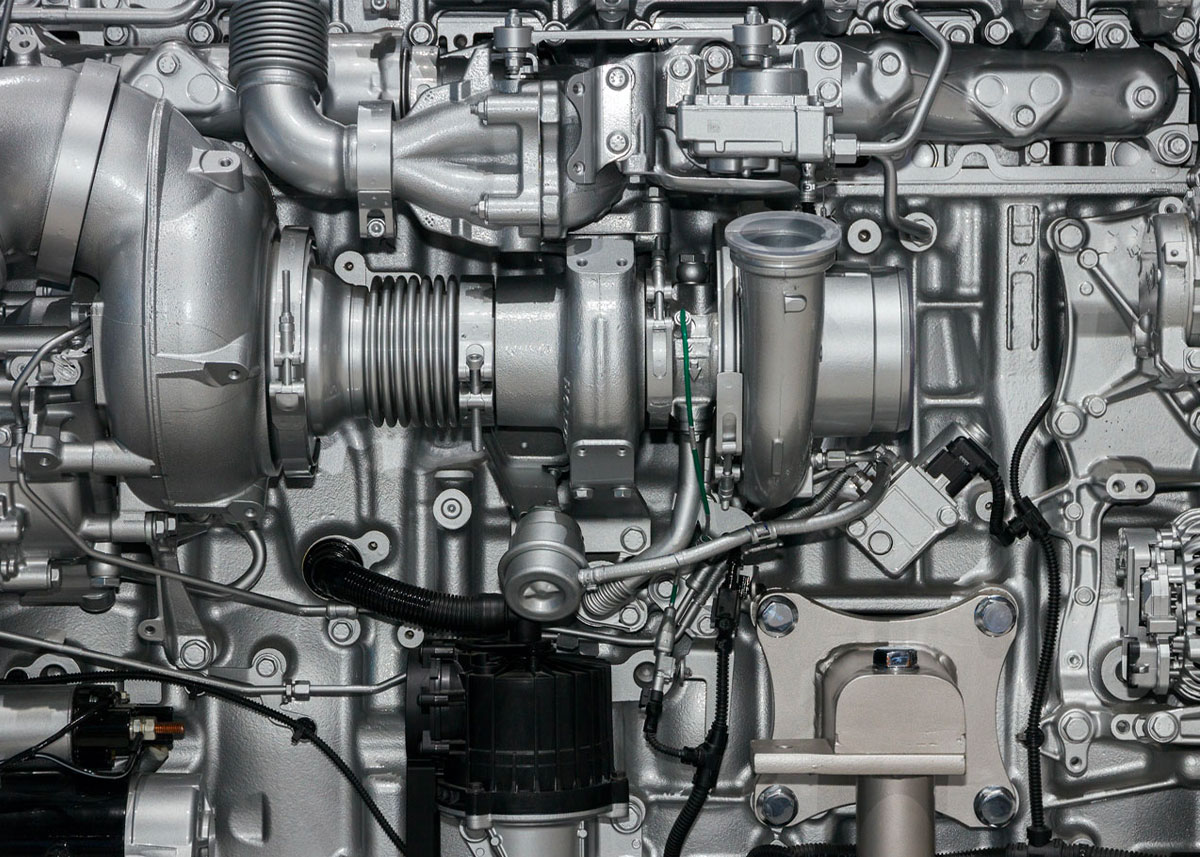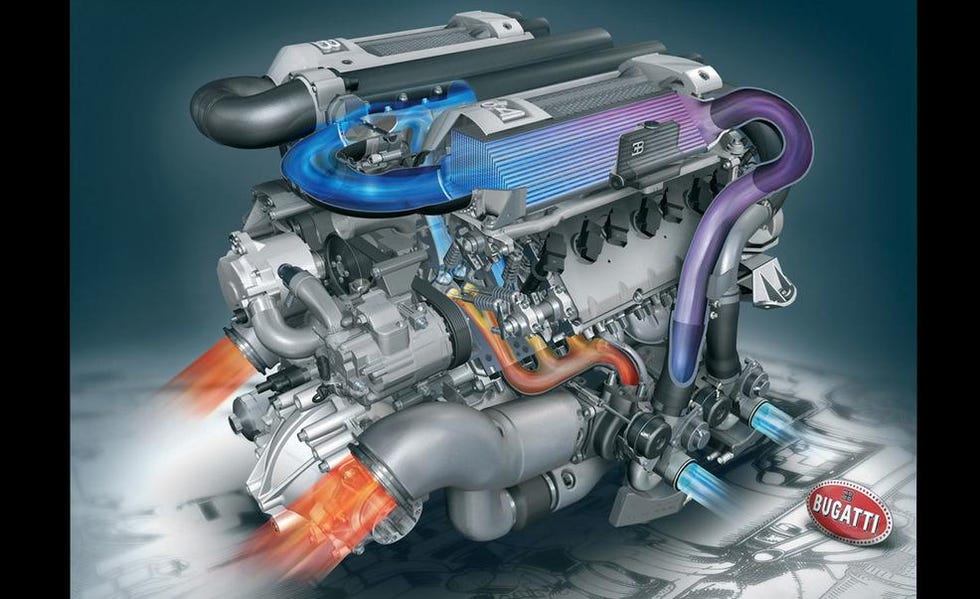Discover a Vast Array of Engines for every single Automobile and Function
The automobile landscape is progressively complicated, with a varied array of engine types designed to meet details performance and effectiveness needs throughout different lorry groups. Furthermore, durable engines serve the demands of job cars, while environmentally friendly alternatives are gaining traction in the quest of lasting transport.
Kinds of Automotive Engines
Automotive engines can be classified into several distinct types, each made to fulfill certain efficiency and efficiency needs. One of the most usual categories include interior combustion engines, electric engines, and hybrid systems.

Electric engines, on the various other hand, operate electrical power stored in batteries, offering immediate torque and zero discharges. These engines are becoming increasingly prominent due to innovations in battery technology and the expanding focus on sustainability.
Hybrid systems integrate both inner combustion and electrical engines, making it possible for automobiles to optimize gas efficiency and lower exhausts by perfectly changing in between source of power. Each engine kind provides its benefits and disadvantages, influencing elements such as automobile layout, meant use, and market demand. When picking the appropriate engine for their particular requirements., recognizing these differences is vital for customers and makers alike.
Performance Engines for Sports Cars
Performance engines for cars are particularly crafted to provide boosted speed, power, and dexterity, setting them aside from conventional automotive engines. These engines typically make use of sophisticated technologies such as turbocharging, supercharging, and variable valve timing to make best use of efficiency and responsiveness.
Typically, performance engines are developed with greater compression ratios, which enable better energy removal from fuel. This causes impressive horsepower and torque numbers, allowing quick acceleration and greater full throttle. The light-weight materials made use of in these engines, such as light weight aluminum and carbon fiber, add to minimized general car weight, boosting handling and ability to move.
Engine configurations like V6, V8, and also hybrid systems are usual in performance sports vehicles, each offering one-of-a-kind benefits in regards to power delivery and driving dynamics. The adjusting of these engines is likewise crucial; numerous manufacturers enhance the engine administration systems to offer an electrifying driving experience, typically including sport modes that adjust throttle feedback and gear changes.
Effective Engines for Daily Commuters
In the realm of everyday commuting, reliable engines play a critical function in maximizing fuel economy and decreasing discharges while offering reputable performance. As city populations grow and ecological issues increase, the need for automobiles furnished with efficient powertrains has actually surged.
Modern engines developed for day-to-day travelers typically incorporate modern technologies such as turbocharging, direct fuel injection, and hybrid systems. Turbocharging enhances engine performance by compeling more air right into the combustion chamber, enabling for smaller sized, lighter engines that do not jeopardize power result. Direct gas shot improves fuel atomization, leading to far hop over to these guys better combustion and increased effectiveness.
Crossbreed engines, combining inner burning with electric power, further augment gas economy, especially in stop-and-go web traffic, where conventional engines can struggle with inefficiencies. Electric motors help during acceleration and can operate separately at reduced rates, reducing general gas usage.
In addition, innovations in engine monitoring systems and light-weight materials add significantly to reliable engine layout. By concentrating on performance, longevity, and environmental sustainability, manufacturers proceed to provide engines that not just fulfill the needs of daily travelling yet likewise align with global initiatives to reduce carbon footprints.
Heavy-Duty Engines for Job Automobiles
Sturdy engines for job vehicles are regularly engineered to supply phenomenal torque and integrity under demanding problems. These engines are made to carry out in environments where standard engines may falter, try here such as building sites, logging operations, and farming setups. The main focus of heavy-duty engines is their capability to produce high degrees of power while preserving toughness over prolonged durations of procedure.
Generally, sturdy engines use sophisticated products and robust building techniques to hold up against the rigors of hefty workloads. Attributes such as enhanced cyndrical tube blocks, improved cooling systems, and progressed fuel injection modern technologies add to their effectiveness. These engines often run at lower RPMs, which aids to maximize fuel performance while offering the necessary power for transporting and towing.
Along with mechanical robustness, heavy-duty engines are commonly equipped with sophisticated electronic control systems (ECUs) that take care of efficiency, exhausts, and diagnostics. This combination enables far better monitoring and upkeep, ensuring that job vehicles stay operational and reliable.
Inevitably, heavy-duty engines are a vital part in the efficiency of various industries, giving the necessary power and dependability to tackle navigate to these guys the toughest of jobs.
Eco-Friendly Engine Options
The expanding emphasis on sustainability has brought about the development of eco-friendly engine options that prioritize reduced exhausts and enhanced fuel performance. These engines are developed to lessen the environmental effect of automobiles while still supplying the efficiency and integrity anticipated by customers.
Amongst the most noteworthy environmentally friendly choices are electric and hybrid engines. Crossbreed engines combine conventional internal burning engines with electrical propulsion, enabling reduced gas consumption and lower greenhouse gas exhausts. Electric engines, on the other hand, run entirely on battery power, producing zero tailpipe exhausts and contributing to cleaner air top quality.
Another promising growth is the improvement of biofuel engines, which use renewable energies, such as plant materials, to power cars (Engines For Africa). By making use of biofuels, these engines can minimize dependency on nonrenewable fuel sources and lower overall carbon impacts

As the automobile industry advances, green engine choices will play a critical function in driving the shift towards even more sustainable transport services.
Verdict
From high-performance engines that improve sporting activities vehicle capacities to effective designs focusing on gas economy for everyday commuters, each type serves a certain feature. Sturdy engines cater to robust work automobiles, while eco-friendly choices, such as electrical and biofuel engines, advertise lasting transport.

Comments on “Why Companies Prefer Engines For Africa for Their Fleet”